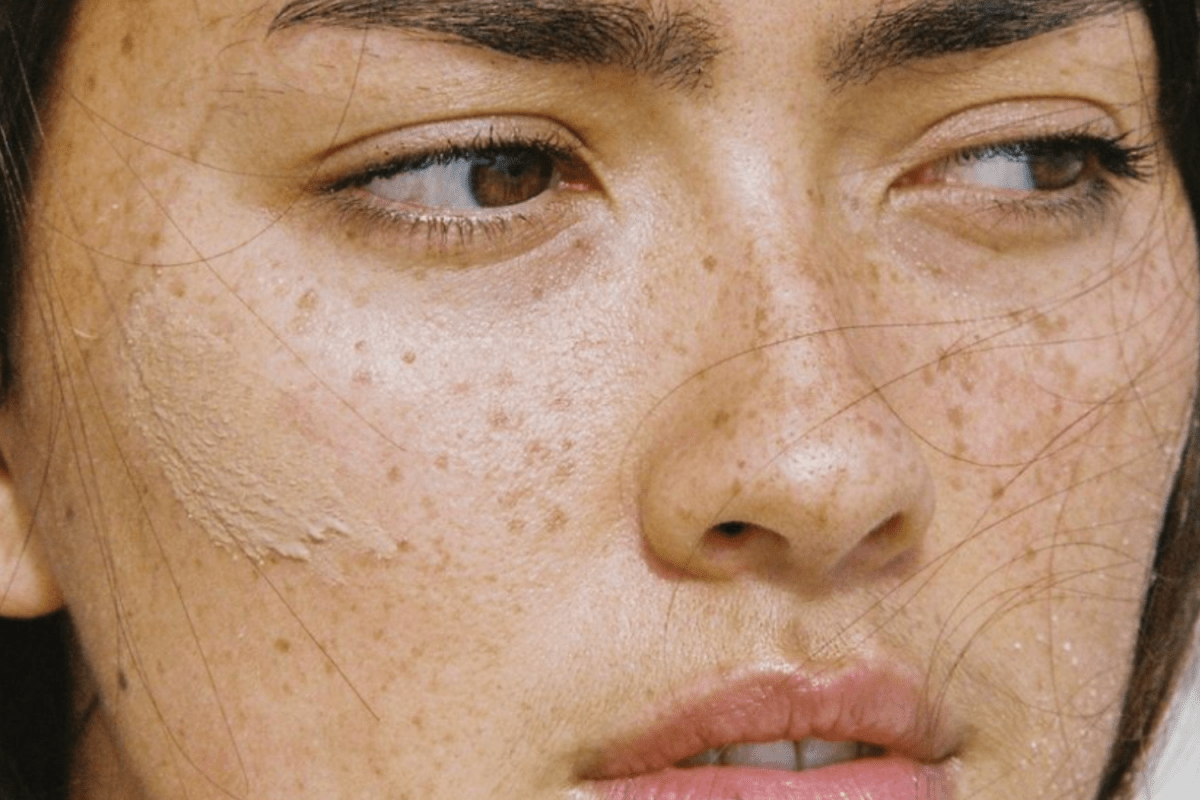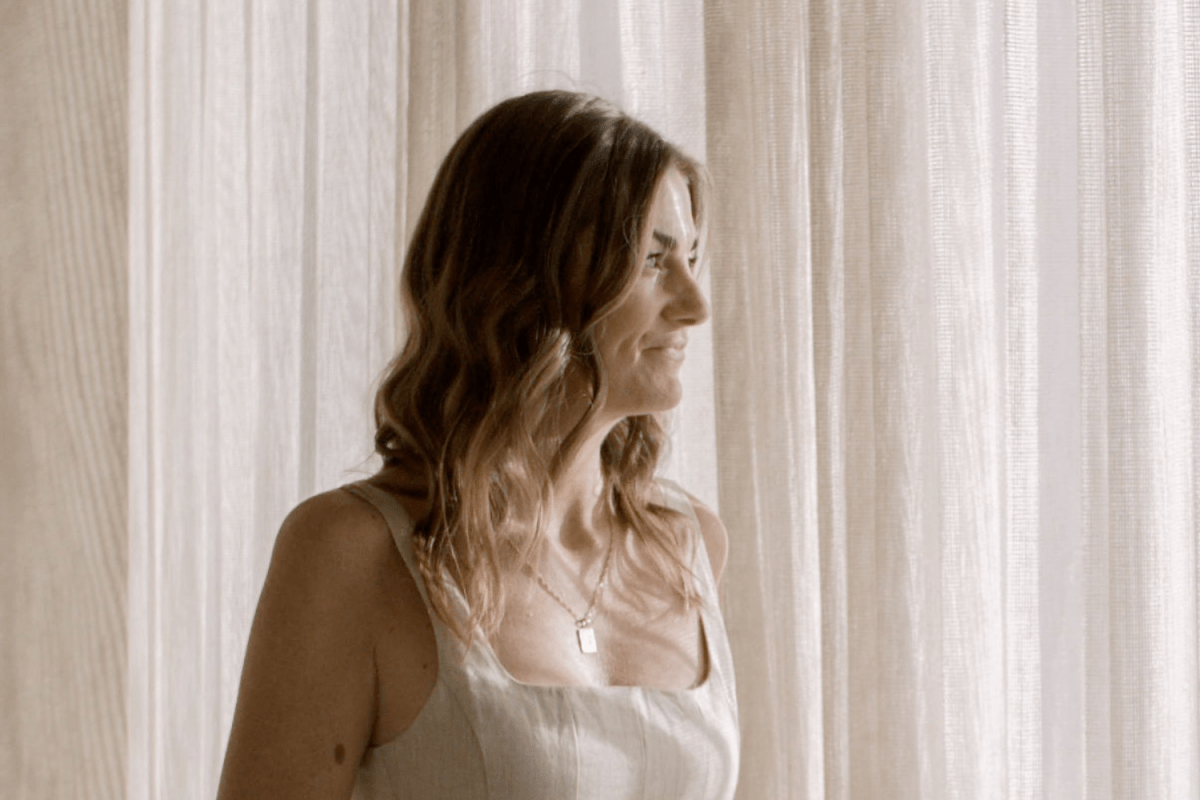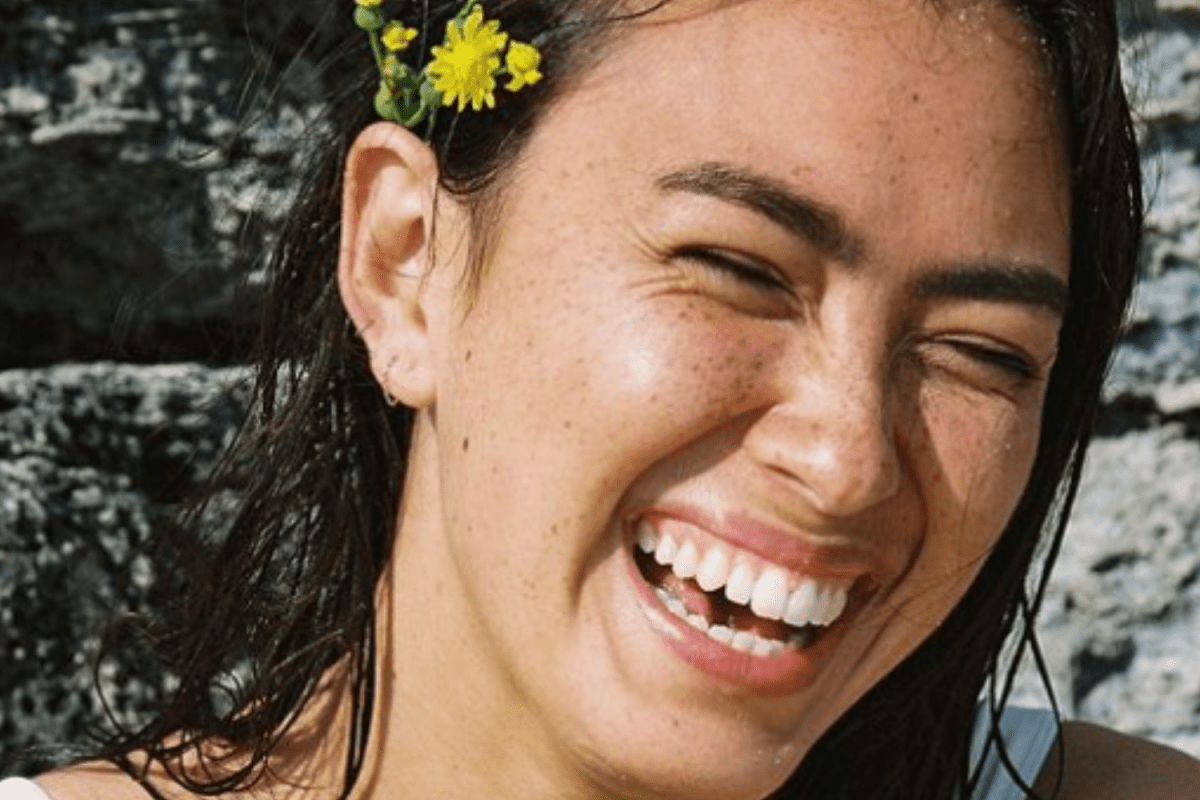No, You Can’t Make Sunscreen At Home

Recently, a viral TikTok video by Nara Smith showed her husband making "homemade sunscreen," sparking a lot of mixed reactions and garnering over 11 million views. While some viewers found the idea appealing, especially for children with sensitive skin, dermatologists have voiced serious concerns. Here at Mother SPF, we are interested in joining the conversation and discussing our thoughts and feelings on why relying on experts is the best approach.
Let's delve into why making your own sunscreen at home isn't just a bad idea—it's potentially dangerous.
Why Homemade Sunscreen Is Risky
Upon initial inspection, Nara Smith's content may appear to be fun and harmless (which, for the most part, it is). She is recognised for creating everyday items from scratch, ranging from mozzarella to toothpaste, and has garnered a large following due to her creativity. However, sunscreen differs from homemade Nutella or Corn Flakes. It is a complex product formulated to shield the skin from damaging UV rays, and producing it at home lacks the required precision and safety measures.
The Science of Sunscreen
The ingredients commonly used in DIY sunscreen recipes, such as zinc oxide and titanium dioxide, do indeed provide some sun protection. However, according to the Cancer Council of Australia, these ingredients need to be accurately measured and evenly distributed in a formulation in order to offer effective protection. Such a level of consistency and precision cannot be achieved at home.
The Importance of Regulated SPF
Sunscreen production is regulated to ensure safety and effectiveness. In Australia, sunscreens undergo rigorous testing by the Therapeutic Goods Administration (TGA) to ensure they are safe and effective. This process provides a reliable SPF rating, confirming that the product delivers the claimed level of UV protection. Homemade sunscreens cannot offer this assurance, putting individuals at risk of sun damage.
At Mother SPF, we have collaborated (and continue to do so) with the TGA to ensure that all of our products are TGA approved. The formulation process can take years to perfect to meet the required standards.
Why It's More Than Just a Trend
While Nara's video may not explicitly encourage viewers to attempt making sunscreen themselves, it implies that it is achievable and simple, potentially influencing millions. In Australia, where the sun is especially harsh, it is essential to use reliable and tested sunscreen.
According to Cancer Council Australia, during their lifetime, approximately two-thirds of Australian individuals will be diagnosed with some form of skin cancer. Furthermore, 90% of non-melanoma skin cancers are associated with sun exposure.
Our Takeaway
Engaging in DIY projects can be fun, but when it comes to sunscreen, it's best to leave it to the experts. Your skin deserves top-notch protection, which can be achieved through products that are meticulously formulated and rigorously tested for safety and effectiveness.
Amidst the ongoing discussion surrounding the TikTok video, it is reassuring to witness individuals advocating for caution and emphasising the importance of seeking professional guidance on sun protection. When it comes to sunscreen, it is wise to stick with proven methods and allow the experts to take care of it.



Comments